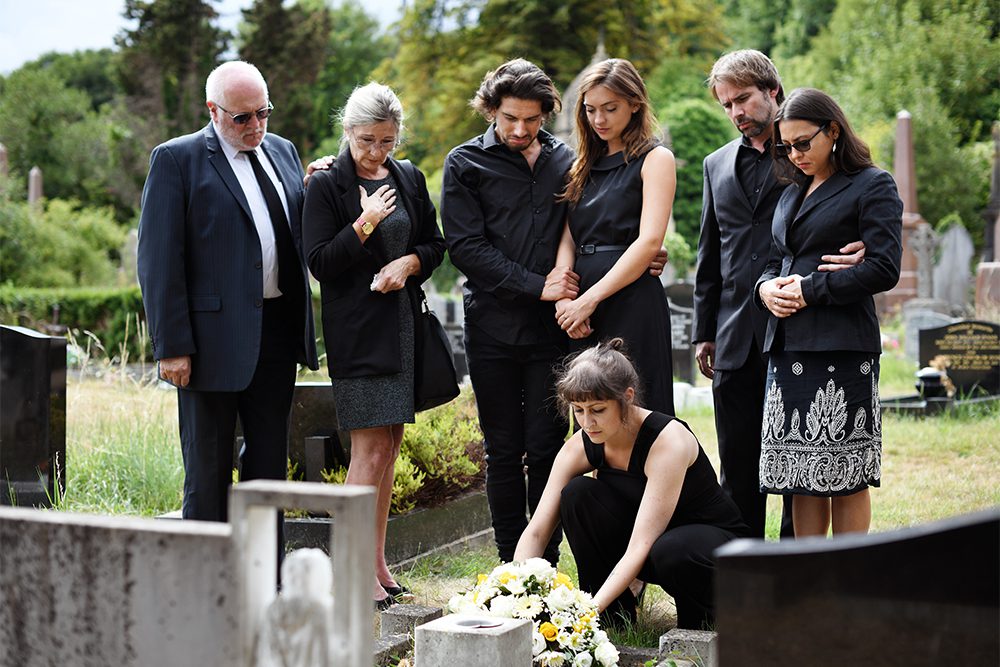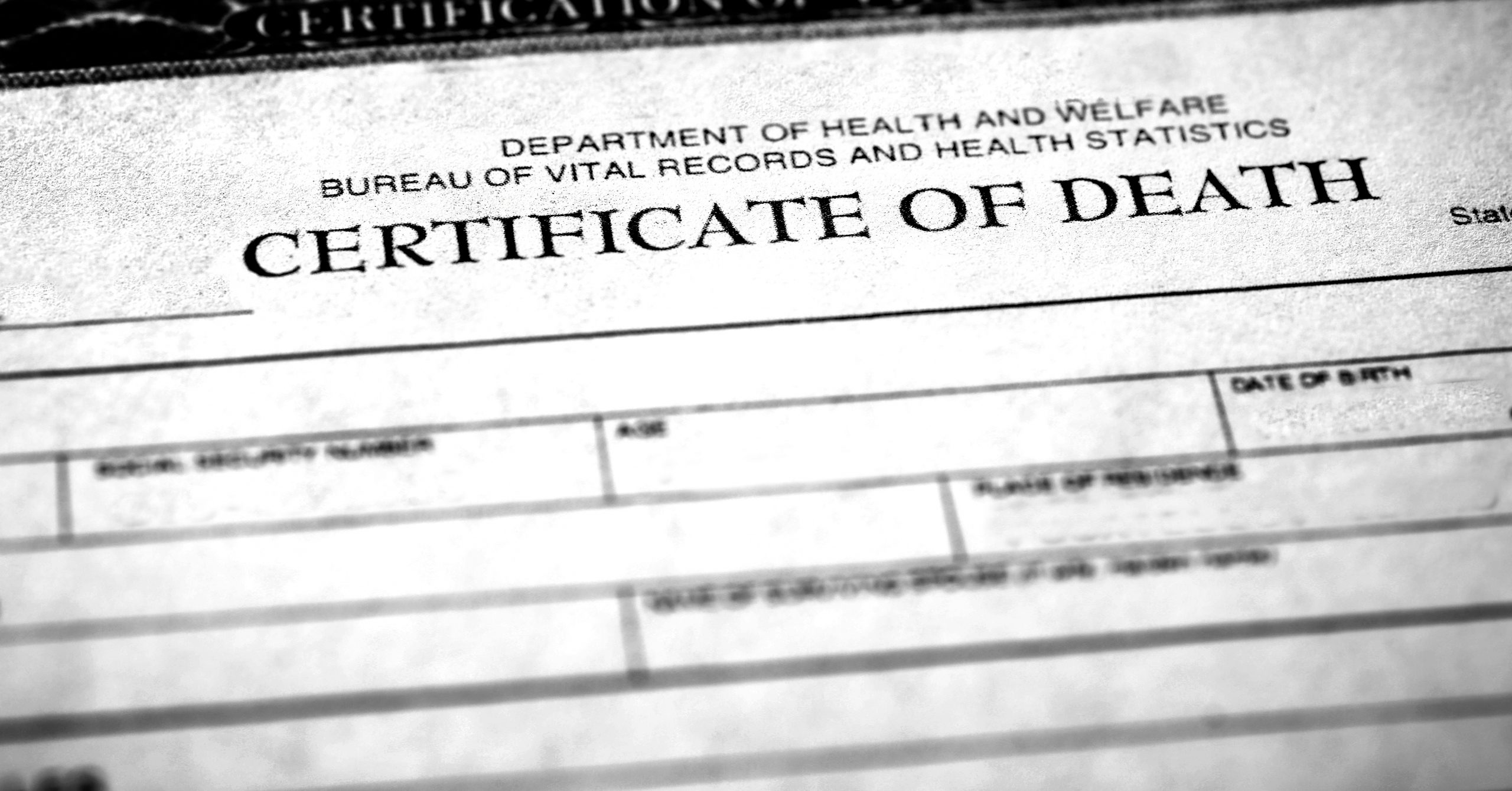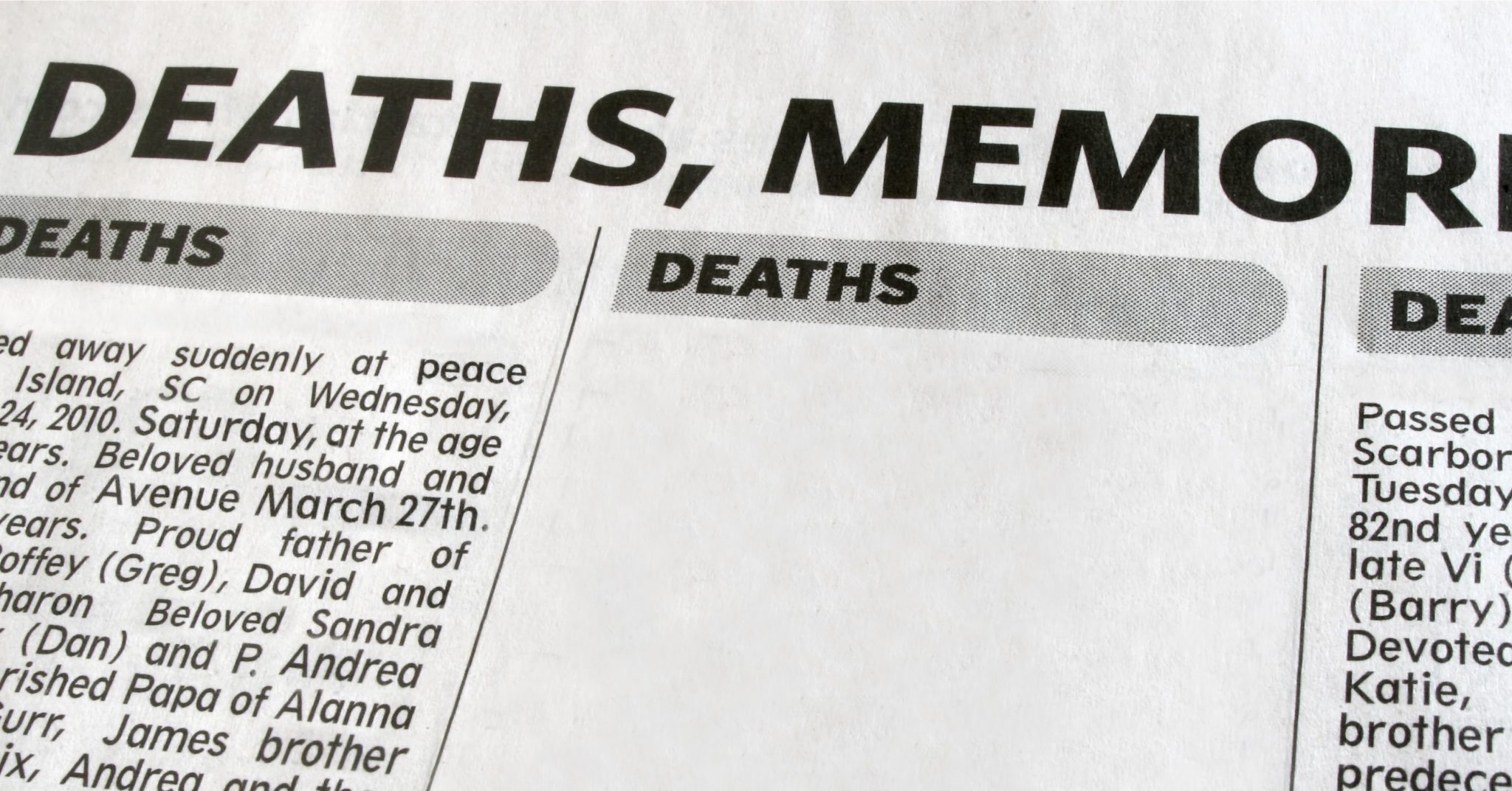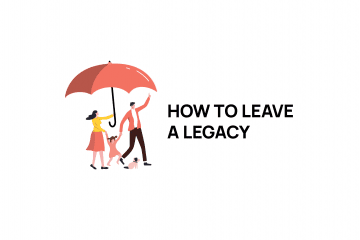Knowing if a person is still alive or has died can be important for many reasons. If you are not in direct contact with that person or one of their close relatives, however, it is not always obvious how to find out if they have passed. So, whether it’s for legal or insurance reasons or just curiosity, here are the ways to find out if someone has died in Canada.

How to find out if someone has died in Canada
Whatever the reason, there are a few different options for finding out if someone has died in Canada. In fact, it is easier than ever to access this information thanks to internet resources. In other words, you can usually find out whether someone is alive or not without having to track down official records or request documents.
It should be noted that in Canada, there is no centralized database for births and deaths in the country. These records fall under provincial jurisdiction and, if needed, must be requested through the vital statistics office of the relevant province.
- Online obituaries
The first step to finding out if someone has died in Canada is to simply search their name to see if any obituary notifications come up. You can also narrow down results by specifically searching their name and “obituary”. If this first search fails, you can also try searching local newspaper websites for obituaries or official municipal websites, which may have a database of recent death notices.
- Social media
Another possible way to find out if a person you know has passed away is social media. It is becoming increasingly common for loved ones and friends to post their condolences and memories on a deceased person’s profile, so if you are connected to one of their accounts remembrance posts are a tell-tale sign. Facebook also allows profiles to be “memorialized” if a user passes away. In this case, the person’s profile name will be followed by the word “Remembering.”
- Funeral homes
If you know the town or region where the person you are enquiring about would have died, it might be worthwhile to look into local funeral homes. More and more funeral homes are updating their websites to include recent funeral services they hosted, so you might be able to find the information you need there. If needed, you can also reach out directly to a funeral home for information about their records.
- Cemeteries
Cemeteries represent a physical record of people who have died, and those who run them (such as places of worship or municipalities) typically keep records of all people buried in them. Cemeteries can therefore be a valuable resource for people trying to track down a long-lost relative or friend, or for those seeking to find information about someone who passed away years ago. In some cases, grave sites can be searched online, though records are not thorough. Another challenge with this option is that not everyone who dies has a grave site.
Get a free quote
Finding out how someone died
Once you’ve confirmed that a particular person has died, you may be wondering how they passed away. This information can, however, be harder to come by. The good news is that if you found an official obituary for the person in question, the cause of death might be stated. Another simple option is to reach out to a family member or close friend of the deceased, though this requires tact and respect.
In Canada, certain causes of death, specifically those related to air, water, or land transport, are recorded by the Canadian Transport Commission. These records can be searched by the public via their website. Simply include the surname in your search accompanied by keywords like “death” or “fatal”. In deaths where criminality is involved, you may be able to find relevant details in local or national newspapers.
That being said, if you need to know the cause of death for official reasons, it is probably a good idea to go right to the source: the death certificate.
How to get death certificate
Official death records provide proof that a person has died as well as insight into their life and circumstances of their death. According to Library and Archives Canada, death or burial records typically include the person’s name as well as names of their spouse (if applicable) and parents. It also includes their occupation and place of residence. Finally, the record should list the date and cause of death, as well as names of any witnesses.
To request and obtain a death certificate for someone, you need to get in touch with the vital statistics agency of the province they died in. Today, many provincial governments accept online death certificate requests. To submit a request, you will need to provide the following information: the deceased’s name, date of death, place of death, names of the deceased’s parents and the name of their spouse or partner (if applicable). You can also make the request over the phone.
It is important to note the distinction between types of death certificates: there is a long-form record which includes information about the person’s death, while the short-form record does not state cause of death. For life insurance claims, a long-form death certificate is usually required.

Do I need a death certificate to claim life insurance
In order to make a life insurance claim for a person that has passed away, the death certificate is one of a number of requisite forms. This document proves to life insurance companies that the policy holder is deceased and provides details about the circumstances of their death. The death certificate can be requested online or by phone from the vital statistics office. In some cases, funeral homes provide death certificates directly.
As a beneficiary seeking to make a life insurance claim, you will also need the life insurance policy or policy certificate and a claims form. A doctor’s report is also typically required. This document is provided by the medical institution where the policy holder died or by the attending physician at the time of death. With the life insurance policy certificate, the death certificate, claims form, and doctor’s report, you can proceed to make the life insurance claim. If the life insurance provider does not find it necessary to review the claim, the death benefit can be paid out very quickly. Any reviews or investigations add time to the claims processing. For more information, this guide provides an in-depth look at how to make a life insurance claim.
How to register a death in Canada
Unfortunately, when a loved one dies there is more to do than just grieve. Family members must also ensure that the death is officially registered. In Canada, the death registration process generally requires one or two documents (depending on the province): a medical certificate of death and a statement of death, also called Registration of Death form. The first is provided by either the attending coroner or physician and details the cause of death. The statement of death is a document that covers basic information about the deceased, including their time and place of death, names of spouse or parents, place of residence, etc. This form is filled in by a family member along with a funeral director, if applicable.
If you are planning a funeral, funeral homes usually include death registration in their services, meaning that they will fill out the forms and submit them. If you are registering the death on behalf of a family member, the necessary documents must be submitted to the local municipal clerk’s office. If you are tasked with handling the affairs of a recently deceased family member or loved one, it should be noted that death registration should be at the top of your list. A death must be registered in order to receive a death certificate and to receive a burial permit.
If you would like to find our more information on finding out if someone has died in Canada you can always reach out to us here.





